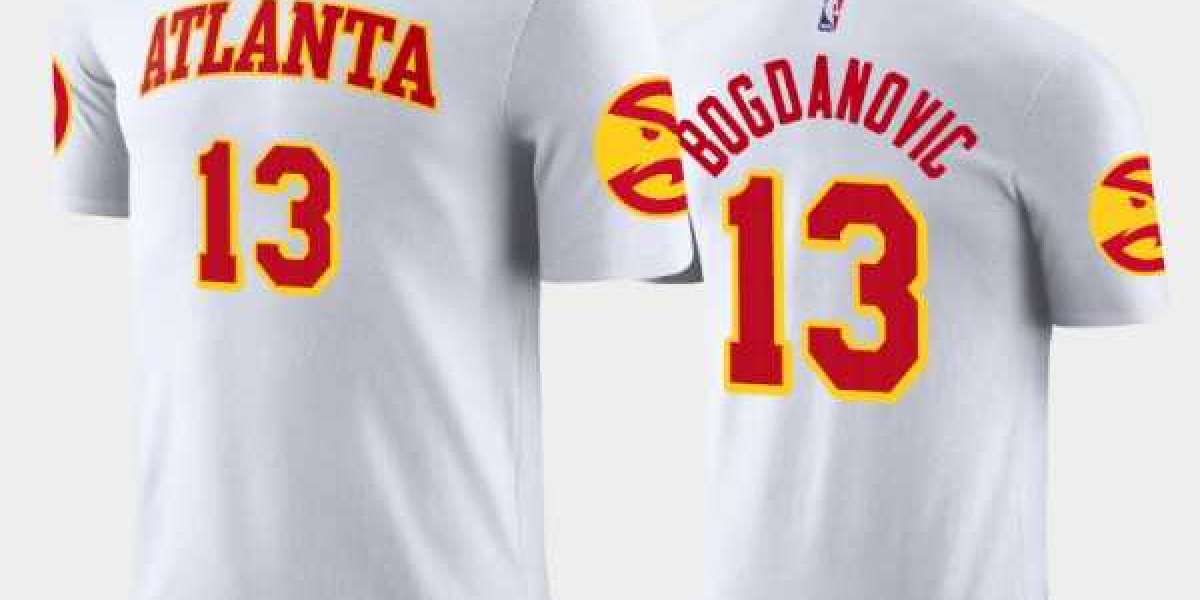Online poker has evolved into a dynamic environment filled with varied tournament structures that offer players of all levels a shot at big wins. Whether you're a casual gamer looking for quick action or a strategic player aiming for long-term gains, understanding how tournament formats influence outcomes is crucial. Different structures demand different tactics, and your ability to adapt can significantly affect your success rate.
In this article, we'll explore the most common online poker tournament styles and how each can impact your performance and long-term results. We'll also discuss how certain formats favor particular skill sets, helping you find the style that complements your strengths.
Understanding the Main Tournament Styles
Online poker tournaments come in a variety of formats, each with distinct rules, payout structures, and strategic approaches. The most popular include:
1. Sit Go Tournaments (SNGs)
Sit Go tournaments are compact, fast-paced games that begin as soon as a fixed number of players register—usually between 6 and 10. These tournaments are perfect for those who want quick sessions with a clear beginning and end.
SNGs require a blend of tight and aggressive play. Because there’s no waiting period, and the blinds increase relatively fast, there's little room for mistakes. Your ability to adapt to changing stack sizes and blind levels is crucial. Patience is valuable in the early game, but when it comes to the bubble (just before payouts), assertive play becomes essential.
2. Multi-Table Tournaments (MTTs)
MTTs are larger-scale events that host hundreds or even thousands of players. They’re known for offering significant prize pools, especially when the buy-ins are higher or the player field is large. Unlike SNGs, MTTs can last several hours and require deep strategic planning.
To succeed in MTTs, players must navigate different stages: early game, middle game, and endgame. Each stage demands a different approach. Early on, the goal is chip accumulation with minimal risk. Mid-game requires careful consideration of stack sizes relative to the blinds and other players. The late game, especially near the final table, calls for aggressive decision-making to capitalize on tight opponents and steal blinds.
3. Turbo and Hyper-Turbo Tournaments
These are faster versions of standard SNGs and MTTs, where blind levels increase rapidly—sometimes every 2-5 minutes. Turbo games are ideal for players with limited time, but they also demand sharp instincts and quick decision-making.
Here, luck plays a slightly larger role due to the short stack nature of most hands, but the ability to make fast, accurate reads still sets winners apart. There's less post-flop play and more emphasis on pre-flop shoves and folds.
4. Bounty and Knockout Tournaments
Bounty tournaments reward players for eliminating others. A portion of each buy-in is set aside as a bounty, which you earn when you knock out an opponent. Progressive knockouts (PKOs) make it even more exciting by adding part of the eliminated player's bounty to your own.
These tournaments promote more aggressive play, especially when targeting short-stacked opponents. Knowing when to chase a bounty or preserve your chips is a vital skill here. Bounty tournaments are great for players who enjoy action and have solid hand-reading abilities.
5. Rebuy and Add-on Tournaments
In these tournaments, players can buy more chips during the early stages or add-on chips at a specific point. This changes the game dynamics significantly.
Players who are aggressive early may build large stacks quickly, while conservative players might wait to use add-ons to level the playing field. Understanding how to manage your chip stack and knowing when it's worth investing more money for a rebuy or add-on can tip the odds in your favor.
Strategic Adjustments Based on Format
Adapting to different tournament types is essential for long-term success. The strategies that work in one format may fail in another. Here’s how you can tailor your approach based on the structure:
Short-handed vs Full-ring Tables: Short-handed games (6-max) require looser and more aggressive play. Full-ring tables (9-max) reward tight, calculated decisions.
Stack Management: Deep-stack tournaments give more room for skill expression. Short-stack games require mastery of push/fold strategies.
Blind Pressure: In turbo formats, blind levels increase so quickly that survival becomes a primary goal. In regular formats, there’s more time to plan and control the tempo.
Why Tournament Format Impacts Bankroll and Growth
Success in online poker isn’t only about individual wins—it’s about consistent bankroll management and learning. Choosing the right tournament format can influence how fast you grow both your skills and your poker bankroll.
For instance, MTTs may offer bigger paydays, but they also come with higher variance. You could go multiple sessions without cashing in. SNGs, by contrast, offer smaller but more frequent wins, which may be better for players looking for steady returns.
In the middle of this poker landscape, players often experiment with different styles before settling on what suits them best. For some, the thrill of Online Poker Real Money tournaments lies in the grind of MTTs. For others, it’s the fast-paced wins in turbo SNGs or the strategic opportunities in bounty events. Whatever your path, understanding tournament types is a must if you aim to boost your earnings and sharpen your edge.
Final Thoughts
Your journey through the world of online poker is defined not just by your skill, but by how well you adapt to the game's many structures. Each tournament type offers its own rhythm, risks, and rewards. Learning to adjust your play style, manage your bankroll, and prepare for the unique demands of each format will take you a long way.
Whether you're chasing glory in large-field MTTs or stacking chips in knockout events, tournament structure matters. Take time to understand the rules, observe how other players behave, and tailor your strategy accordingly. That’s how you evolve from a participant to a consistent finisher in online poker tournaments.








